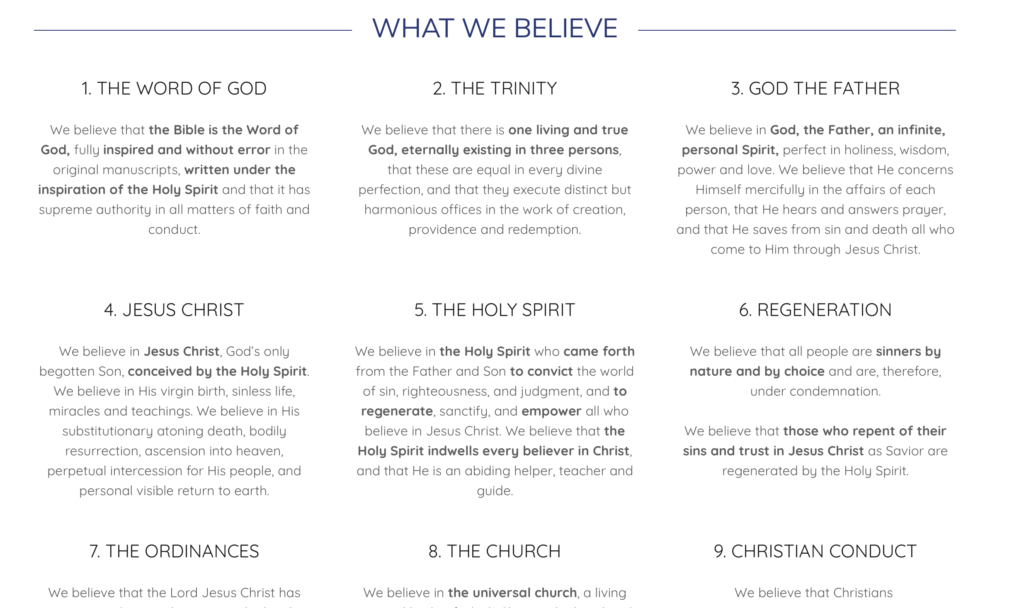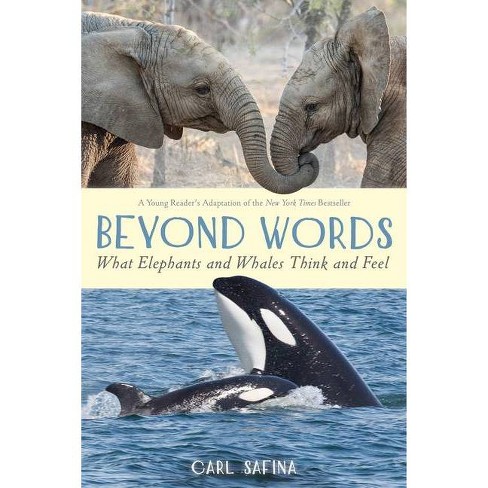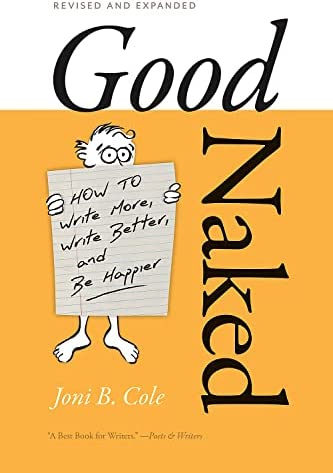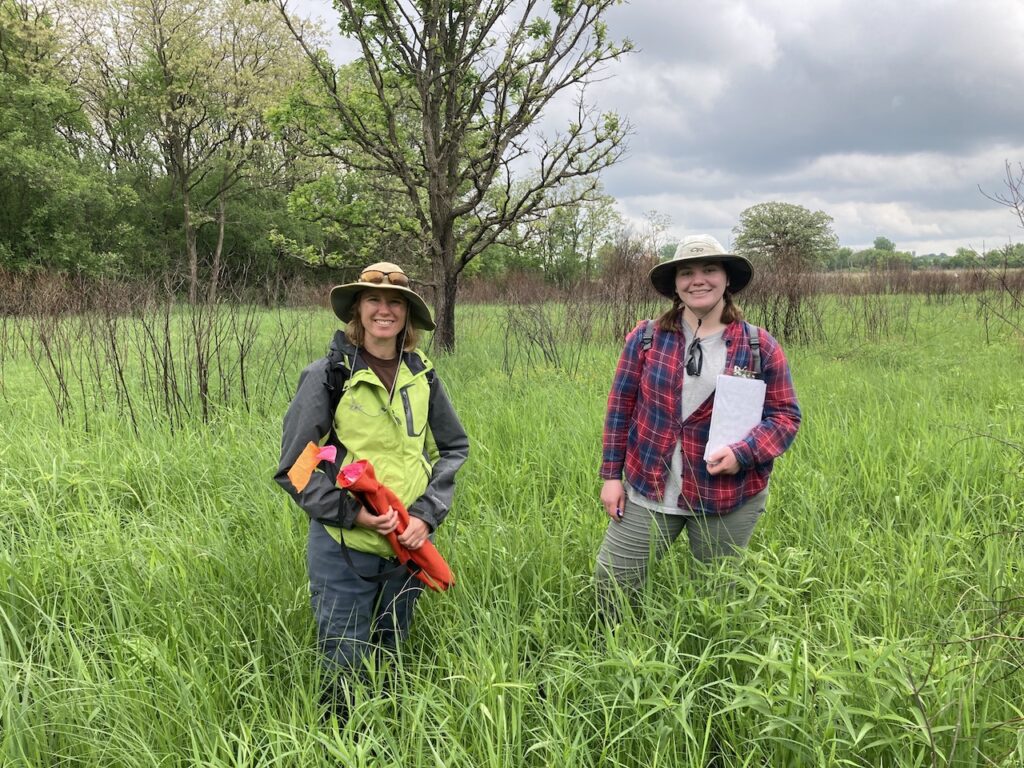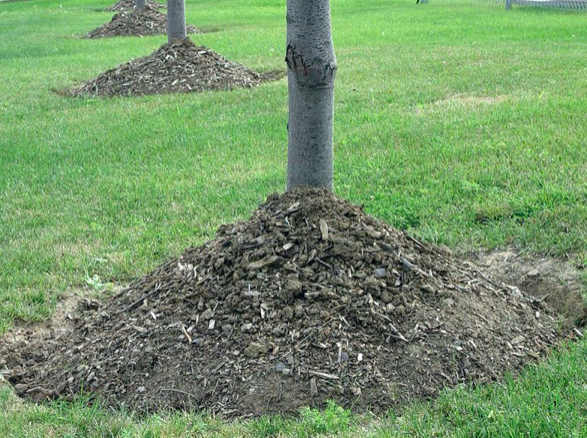So I’m back.
Last year, as I’ll describe in a future blog, I worked two demanding jobs for two non-profits in the food and farming field. This squeezed the rest of my life. Even though I continued to think about all things Creation every day, I took a break from the blog to leave room for my family and my health.
And to be very candid, even as I took a sabbatical of sorts, I questioned whether I should continue to make this blog a life pursuit. Was what I was writing, I asked myself, significant to anyone else?
Adding further sharpness to that question was turning 60 and experiencing the limits of my constitution in my working life. I ran into my limits while appreciating more acutely that my life itself had limits. That created habitat attractive to other questions and doubts.
What do I want to give my energies to going forward? Is diving into the ideas that this blog has been my exploring the right thing to invest in? Or should I devote more energies to acting in the world out of my faith for Creation?
Even deeper questions, questions I thought I had long ago resolved, surfaced.
Do I believe?
Am I willing to rest my life choices and convictions on commitment to God and Jesus? And if I am, how does it make sense to do so?
How, I sometimes wonder (and you may find this heretical), could God choose to give us the Bible as we have it as a major revelation of himself when it can be read so many ways and when there are threads within it that can be woven in many varieties of cloth? Why do so many of those varieties of cloth result in Christians who believe God created this world and then treat it, collectively and individually, with so much indifference?
The following tweet by a thoughtful rancher and land steward out West encapsulated it all perfectly. You can tell from her words that she has met many people of the Christian faith who are completely indifferent:
Surely anybody who is a Creationist should be horrified by the staggering and rapid loss of biodiversity in the last couple of centuries
— Ariel Greenwood (@greenwoodae) February 3, 2024
I am horrified. I know that you are horrified. But if you went to the average church and expressed your horror and asked for prayers for Creation, they would literally not know what to do with you.
But Here I Am…Paying Attention
When I find myself asking all of these questions, I am a little envious of people whose faith in God and Jesus seems so secure, deeply rooted, and unshakable.
I believe. Yet I need God’s help with my unbelief.
After 60 years on this earth, I am more convinced than ever that there is more to life than the random interaction of atoms. I also find myself compelled (and I can find no other word for it) in heart and mind by the Bible and the God I find there and by that same God I find reflected in Creation. I find myself captivated, thanks in part to The Bible Project, by how the whole Bible fits together and by how Jesus fits within that whole.
I have also come to understand this after ten years of writing — any attempt at weaving the threads of the Bible together into a satisfying and whole cloth depends on you and I really paying attention. This applies to Creation and much else that relates to how we live faith-lives.
All too often we don’t actually see what is in front of us, around us, and even inside of us. We get carried along. Sometimes we are carried along by our busy-ness and our eagerness to get on to the next thing. Sometimes we get carried along by what we expect to see or experience. The culture in which we swim and breathe can blind us. The theologies we have been taught can cause us to miss things or interpret things in a way that isn’t fair or respectful to what is right in front of us.
I believe, too, that is very possible for us to have hearts that have gone numb. We can no longer know at a deep level what really gives us life and energy. The capabilities we have that come from being made in God’s image can be covered up by the habits we fall into. Confusing the Christian faith-life with pledging alliance to the correct theology can be one of the most effective blinders to actually paying attention.
Often we need to look anew and question anew. We need to pay attention to all that is in the Bible, in Creation, and in our hearts.
A Signpost in the Psalms
I recently read through all of the Psalms. It was not the first time, but in the process I saw new things I had not remembered before. Here is just one of many verses that struck me:
Psalm 145:16
You open your hand; you satisfy the desire of every living thing.
The desire of every living thing – from fish and birds to moss and plants and even lichens – is something the Bible is mindful of. Any theology that ignores the desire of every living thing is inherently incomplete. A Christian faith-life that ignores the desires of the living things around us is unwhole.
And I would be so bold as to say that its incompleteness is not just equivalent to a puzzle missing a minor piece on the edge. It is like an engine missing its valves or its gas tank. The absence actually causes the whole not to work.
As Wendell Berry wrote, “We are are holy creatures living among other holy creatures in a world that is holy.”
Are you aware and thoughtful of the desires of every living thing? How do we balance those desires with our own lives, much less our civilization? It almost seems too much to bear. At the very least, it should force us to question how we and our community and our economy and our laws relate to Creation.
Maybe that is the role of people like me, people who live in both belief and doubt. Maybe we are here to pay attention, to balance off people so set in the narrower tracks of their faith and lives that they no longer pay attention to the world and the many subtleties and cross currents of both the Bible and Creation.
And perhaps we are in the better place to respond (as I did) to Ariel and say, “Yes, you are right. This is a precious world. And yes, I am horrified and feel despair about what people have done to God’s world. And, no actually, I can’t really explain why other people who believe this is God’s world don’t care. But the fact that they don’t care doesn’t mean God doesn’t care.”
Do I Believe in Words?
I sat down to write this with a general but fairly good idea of the parameters of what I intended to write. But as I let myself write, ideas and thoughts emerged that did not fit into my initial mental outline. This is when writing becomes even harder. You want the process to be smooth and predictable. Instead, you find yourself wrestling and slogging.
And why engage in that struggle? Why does one combination of words formed from a 26-letter code seem more right than another combination of words? Why do they matter? Don’t real tangible things – like trees, houses, computers, etc. – matter more?
Maybe that is one more reason why I question this blog writing and even my desire to write a book. Maybe what I really question are words themselves.
Do I believe in words? Do I believe that words matter?
Because of how much I care about God’s earth, I’ve tended to see the production of words as somehow a lesser form of action than actually changing how God’s earth is treated. After all, if matter matters, shouldn’t I be devoting time and energy in the world of matter? Planting trees. Restoring wetlands. Farming in ways that produce nutritious food while renewing the life of the soil, of landscapes, of water?
Ironically, I like words. I love to read, especially books with a skillful and lyrical approach to words and ideas. I find a certain kind of felicity from using words in writing and speaking and especially asking questions. I felt I could not not write this blog, which seems like something you could call a calling for words.
So why would I devalue what gives me pleasure and that allows me to create with God’s help?
Perhaps it is partly because my calling, the fact that I cannot look away from God’s earth and see it treated so indifferently, is all about tangible life around us.
So I’ve meditated further on words. And I’ve begun have a better appreciation for their deeper value and importance beyond the obvious value of communication.
Note that in Genesis God uses words to interact with matter, to call upon it to move from a state to another, to develop boundaries and to bring forth new complexity. I would suggest this is both command and invitation that gives matter direction but also creative freedom.
And isn’t it interesting that humanity’s first work – the naming of the animals – is creativity with words?
Words can be used for evil and wrong. That cannot be missed in the Bible. By words, you will know the intentions and state of the heart of the people around you.
Note, too, that in the Bible words have power even when used by people. There are blessings and curses. The power of the Spirit at Pentecost is revealed by an explosion of ability to use words and languages.
One of most astonishing elements of the Gospel of John is how it labels Jesus as Word. And somehow through Jesus the Word all things are said to have been created. And in this Word-figure all things on heaven and earth will be unified and brought together in some kind of cosmic shalom. Not only will that mean an absence of conflict between people and between people and God. It also promises to be the whole connection of the whole universe. God, people, and Creation will not just have an absence of conflict but will be in joyous union and flourishing.
From all that, I’ve come to believe that words connect and they shape reality in the world itself. They have power. They are tied into the deeper structure of the universe. In a flight of fancy I even see the parallel between how the Bible depicts the creation of humanity – the merging of breath/spirit and matter — and what words themselves are – the merging of spirit/thought and the vibrating molecules all around us.
At Home With Words and Deeds
I admit that I am out of my depth here. Probing the metaphysical meaning of words is a good indication that one is not in Kansas or normal company anymore. I even feel a certain self-consciousness about being so candid about my doubts and my tendency towards this mysticism.
But at the edge of certainty and feeling alone in my convictions, I feel a surprising settledness. It is as if I have climbed to the top of a ladder with nothing to hold onto with my hands. Yet, I stand. My legs feel solid and well-braced. Even as my head says I should feel fear, I find my body balanceing. My arms no longer seek security but they do not know what to do with themselves. And yet I stand.
The purchase of balance I have comes from things that are not enough in themselves to give 100 percent stability and security.
The mysticism I find true and that resonates with what I encounter in Creation is, I realize, Biblical.
I cannot imagine not writing, not engaging with words in other ways. I need also to act beyond words, but words are also my way of acting.
I have believed what I have written. I have found belief, perhaps my own unique belief, through what I have written.
I have received emails from readers thanking me for particular blog posts. That is something.
I am coming to accept that I am who I am and that God’s abundant love is all around me and everyone and everything. And that following what is my way, however modest it may be, is what I should give myself to. I cannot be concerned about what my particular impact is.
Being faithful and faith-full is what I need to be about. And part of my faithfulness is to be candid about my doubts even as I proceed.
There are many more ideas and topics I want to explore around whole faith faith-lives. I also want to share more of the stories of Jesus followers (and others) who are striving to live out a whole faith. I need to wrestle with what it means to be faithful in a whole faith way in the midst of increasing climate chaos. Somehow I will find the time to do that.
Look for more blog posts to come. Look for more words.
P.S. While I was not writing this blog, a number of people found my blog and signed up to receive updates via email. Thanks very much for that. I also received a few direct emails expressing thanks for particular posts. I’m very grateful and pray that your convictions around cherishing Creation will grow stronger. I pray, too, that you will find others of faith who share those convictions. And not every post is so long. 🙂


